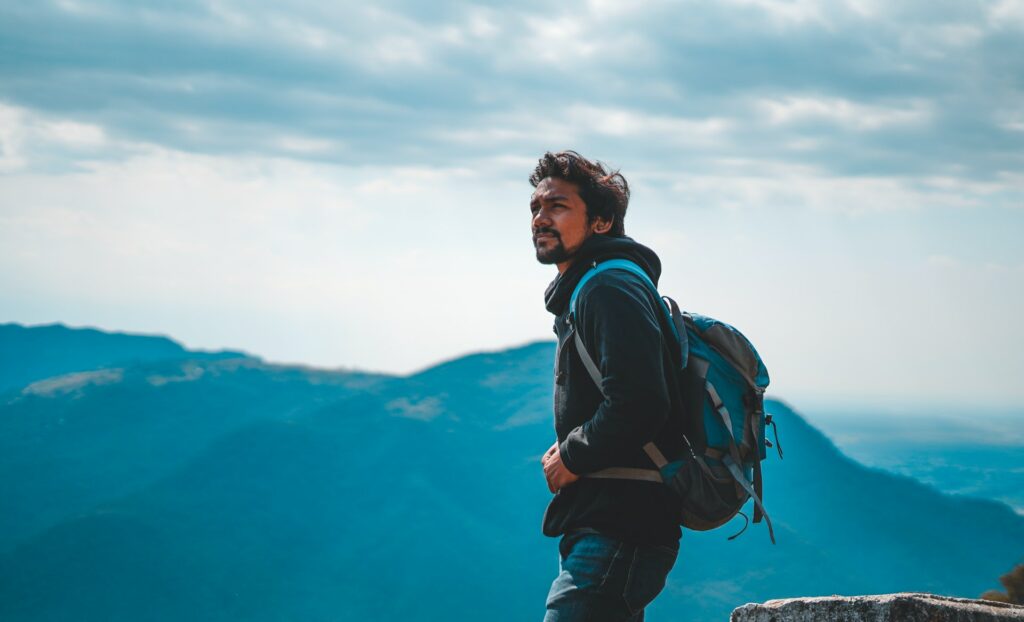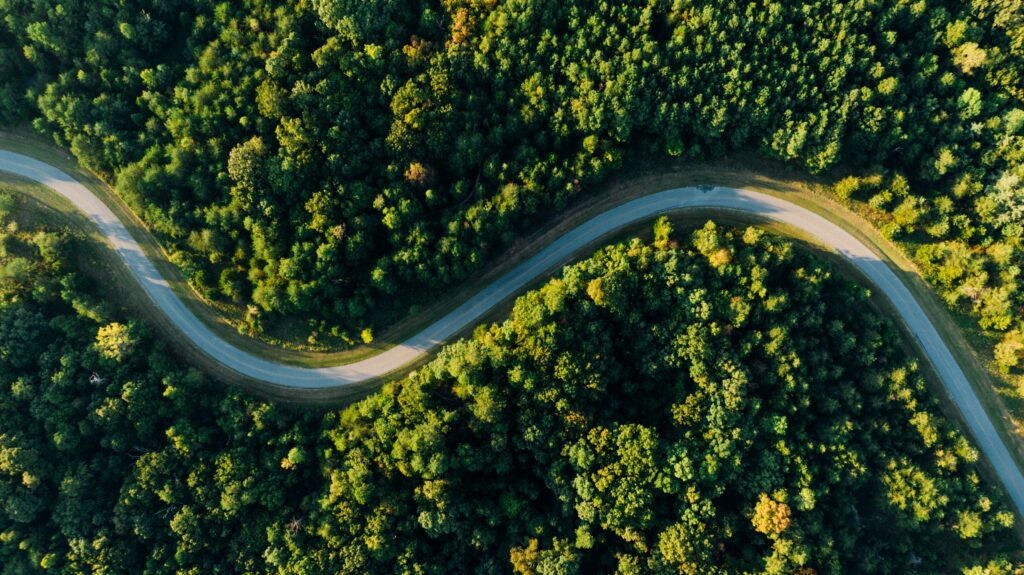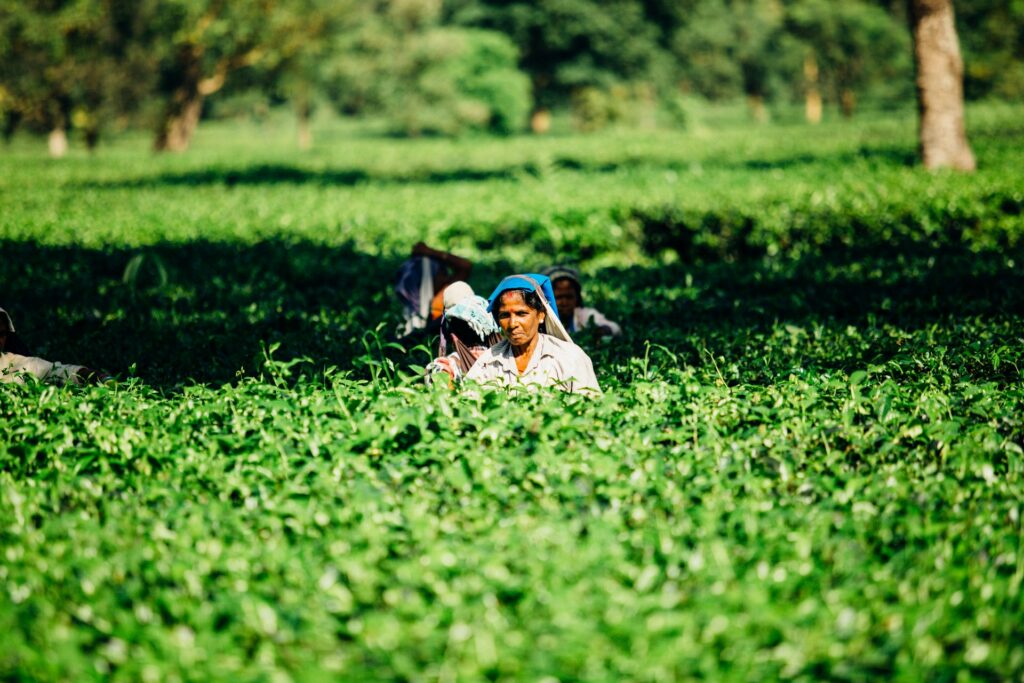Responsible Tourism: The Way Forward

By Sarawak Tourism Board
World-renowned environmentalist, Robert Swan said, “The greatest threat to our planet is the belief that someone else will save it.”
The COVID-19 pandemic has highlighted the global importance of the travel and tourism industry economically, as well as its interconnectedness with other industries. Border restrictions, lockdowns and social distancing have impacted everyone in the industry, from small tour operators to multinational hotel chains and major airlines.

But while the negative repercussions of the crisis are uncountable, there have been some side effects that can be harnessed for positive change in the future.
In these challenging times, stakeholders in the public and private sector have been presented with the opportunity to engage in open dialogue with one another, rethinking strategies and making space to lay the foundation for our industry in the post-COVID-19 era.
If the prevailing crisis has taught us some valuable lessons, one of them would certainly be the imperative need for some turn to a new model of responsible tourism. A model that not only prioritises locals alongside the tourists we welcome, but also one that addresses climate crisis and regenerative practices.
In the simplest form, responsible tourism implies that all stakeholders involved in tourism take responsibility for their actions.
Responsible tourism is also about making a positive impact on the places that we visit—by being responsible for the environment, people, as well as tangible and intangible heritage. It means creating awareness and helping in the conservation of old monuments, the forest, water, and other resources belonging to a destination.

Sarawak Tourism Committed to Make a Difference
As a tourism player, there are many ways we can contribute towards responsible tourism. Sarawak Tourism Board (STB) has taken various steps to create a sustainable tourism industry since 2011.

Our tourism players adapt eco-friendly practices in their tourism products, such as encouraging bicycle-rides in rural areas or enjoy bird-watching in Sarawak’s lush rainforests. We promote homestays, encourage consumption of local food, and highlight local handicrafts and arts.
Such community-based tourism can be found in areas such as Nanga Sumpa in Batang Ai where travellers can gain an insight into the lifestyle of the various tribes of Sarawak who have lived in the remote areas for generations. These efforts can generate economy for its residents, especially those from lower-income groups. Sarawak’s biggest and renowned orangutan rehabilitation centre, Semenggoh Wildlife Rehabilitation Centre which is only 20km from Kuching City, is a sanctuary for the conservation of the orangutans in their natural habitat.

More importantly, STB takes environmental issues seriously and together with tourism players, we embark on activities like, waste management, energy conservation and environmental education. We encourage tourism players in Sarawak to participate in greening initiatives such as banning of single use plastics, upcycling used materials and exploring innovative solutions to waste management. These initiatives include the hotel industry turning food waste into compost or rural homestays operators converting used oil into soap products. At tourism-based events, separate bins are prepared to collect recyclable materials.
Making Responsible Tourism our Norm
While tourism players shift the way it operates, it is also vital that travellers take on a more responsible mindset.
Travellers are encouraged to research the culture and practices before travelling. The world and its people are diverse and fascinating, and it is a privilege to experience different cultures and religions. Tourists can learn local customs, traditions and pick up the local language.
When it comes to eating, finding a place to stay and buying souvenirs, choosing where to spend money can have a massive impact on the community. By having dinner at a family restaurant, staying in a family-run guest house or purchasing a trinket from a street vendor, travellers are helping inject money directly into the local economy.
Besides creating a more authentic travel experience, these practices also help locals create a better life for themselves.
When it comes to the footprint left behind, travellers must endeavour to conserving energy and water, cutting back on the consumption of plastic water bottles and taking public transport whenever possible.
All in all, responsible tourism must no longer be a niche part of tourism but the new norm for every part of our sector. That means an opportunity to build back better and create and industry that is more resilient.







Responses